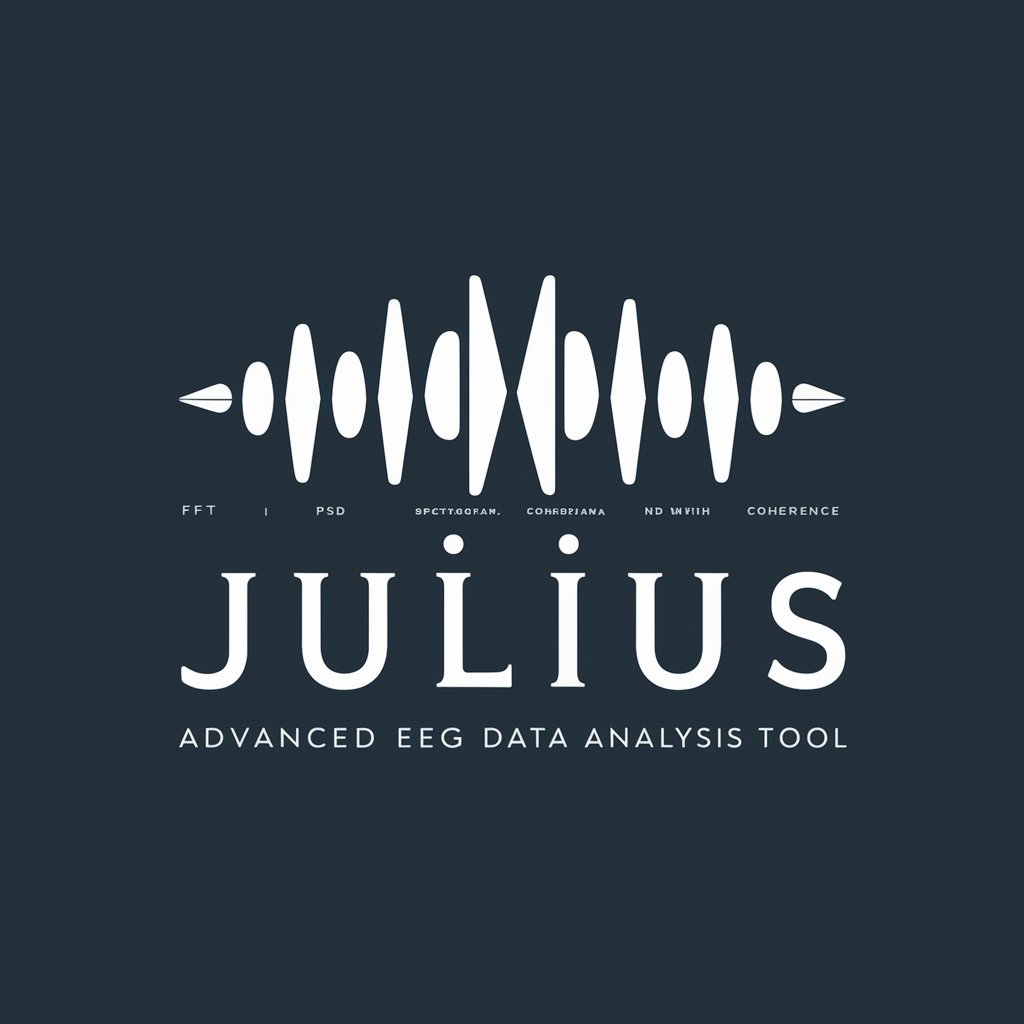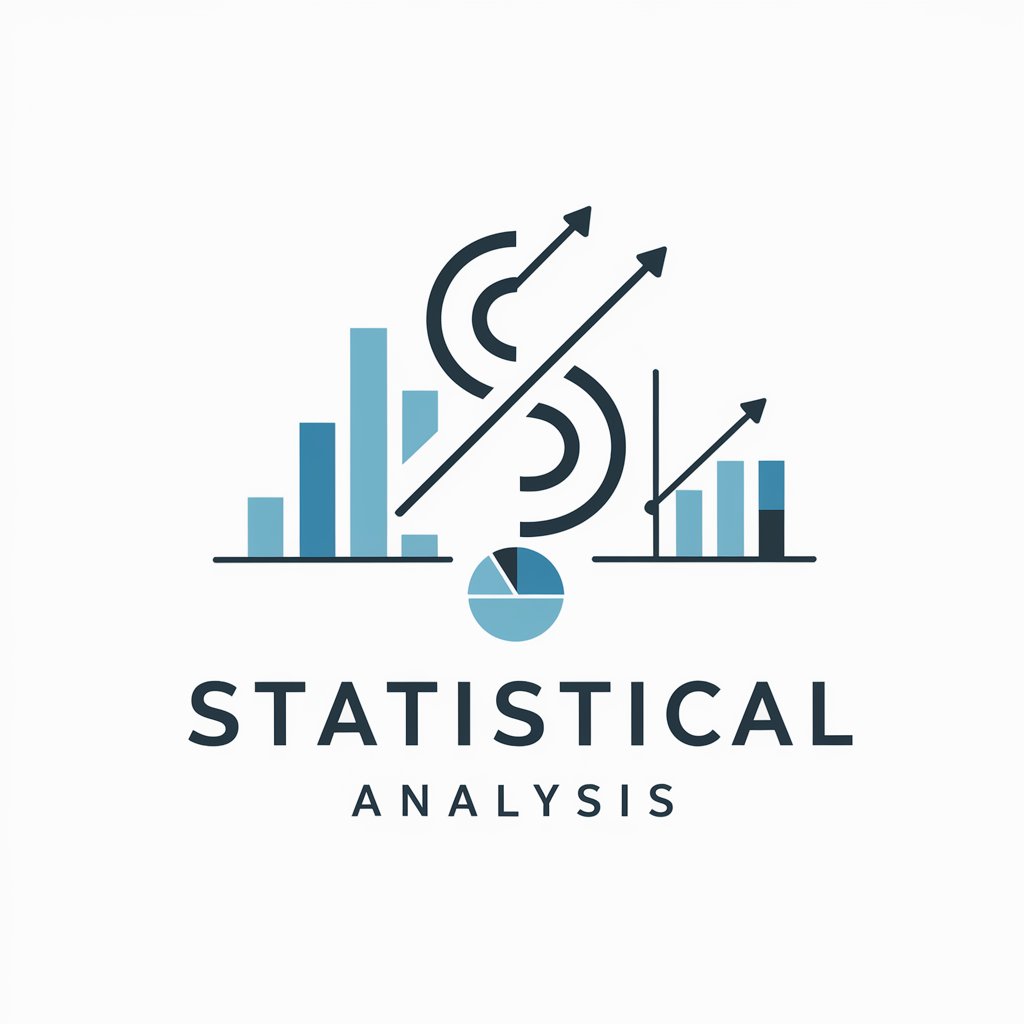Fundamental Analysis - Financial Insight Tool

Welcome to Fundamental Analysis, your expert source for financial data insights.
Empowering investment decisions with AI.
Analyze the recent financial performance of...
Provide a detailed comparison between...
Summarize the key economic indicators affecting...
Evaluate the statistical trends in...
Get Embed Code
Introduction to Fundamental Analysis
Fundamental Analysis is a specialized GPT focused on financial data analysis, primarily designed to analyze and interpret statistical, financial, and economic data, especially related to stocks and financial markets. It employs factual data to offer insights, adhering to a professional, analytical tone. For example, it can evaluate a company's financial statements, assess market trends, and interpret economic indicators to provide investment insights or economic forecasts. Powered by ChatGPT-4o。

Main Functions of Fundamental Analysis
Financial Statement Analysis
Example
Examining a company's balance sheet, income statement, and cash flow statement to assess its profitability, liquidity, and financial health.
Scenario
An investor considering the purchase of a company's stock uses Fundamental Analysis to understand the company's financial stability and growth prospects.
Market Trend Analysis
Example
Analyzing historical market data to identify patterns or trends that may influence future market behavior.
Scenario
A financial analyst uses Fundamental Analysis to predict market trends and advise clients on potential investment strategies.
Economic Indicator Interpretation
Example
Evaluating key economic indicators like GDP growth, unemployment rates, and inflation to gauge the overall economic environment.
Scenario
A policy maker uses Fundamental Analysis to understand the current economic climate and make informed decisions regarding economic policies.
Ideal Users of Fundamental Analysis
Investors
Individual or institutional investors seeking to make informed decisions based on the financial health and potential of companies or markets.
Financial Analysts
Professionals who require deep insights into market trends, company performance, and economic indicators to advise clients or make investment recommendations.
Economic Policy Makers
Government or institutional representatives who need to understand economic trends and indicators to formulate effective economic policies.

Guidelines for Using Fundamental Analysis
1. Start Your Journey
Initiate your exploration by accessing a free trial at yeschat.ai, requiring no signup or ChatGPT Plus subscription.
2. Understand the Basics
Familiarize yourself with fundamental analysis principles, focusing on understanding financial statements, economic indicators, and market trends.
3. Select Your Targets
Identify companies or securities for analysis. Prioritize those with available and accessible financial data.
4. Conduct Analysis
Analyze the chosen entities using financial ratios, industry comparisons, and evaluate against economic conditions.
5. Make Informed Decisions
Use insights derived from the analysis to make investment decisions, such as buying, holding, or selling securities.
Try other advanced and practical GPTs
Feature Extraction
Unlock insights with AI-powered analysis

Osint Analysis
Unlock insights with AI-powered analysis

Literary Analysis
AI-powered Deep Dive into Literature

EEG Analysis
Decipher Brain Waves with AI

Metagenomics Analysis
Unveil microbial secrets with AI power

Friendly Neighborhood CISO
Empowering Cybersecurity with AI

Statistical Analysis
Empowering Decisions with AI-Driven Statistics

Visual Muse
Crafting Your Vision with AI

Copywriting Wizard
Unleashing Creativity with AI-driven Copy

Copywriting Mentor
Craft compelling content with AI

Copywriting Coach
Empower Your Words with AI

Futureproof Copywriting
Elevate Your Words with AI and EI

Fundamental Analysis Q&A
What is Fundamental Analysis?
Fundamental Analysis is a method of evaluating a security's intrinsic value by examining related economic, financial, and other qualitative and quantitative factors.
How does Fundamental Analysis differ from Technical Analysis?
While Fundamental Analysis focuses on a company's financial health and market conditions, Technical Analysis evaluates securities by analyzing statistics generated by market activity, such as past prices and volume.
Can Fundamental Analysis be used for all types of investments?
Fundamental Analysis is most commonly applied to stocks, but it can also be adapted for bonds, commodities, and other financial instruments by evaluating their underlying economic conditions.
What are some key indicators in Fundamental Analysis?
Key indicators include earnings, revenue, profit margins, return on equity, and market conditions.
How important is the economic context in Fundamental Analysis?
Extremely important. Economic indicators like GDP growth rates, interest rates, inflation, and unemployment rates significantly influence market sectors and individual securities.
